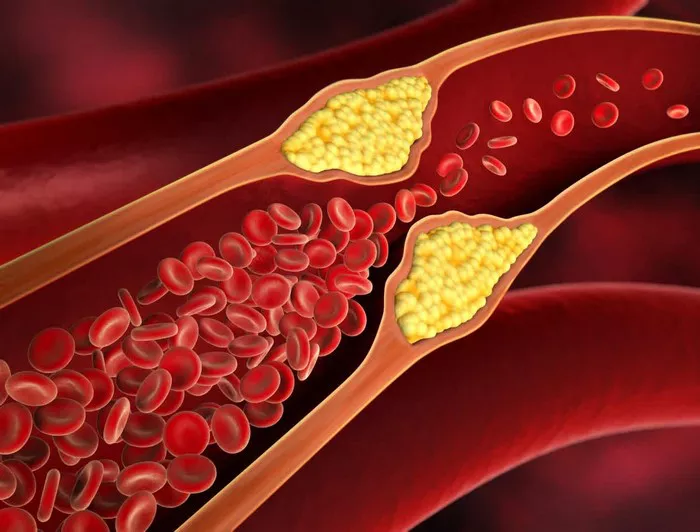Researchers at Monash University and Monash Health are working to provide new treatment options for individuals with high cholesterol, which increases the risk of heart attack and stroke. Their efforts include developing world-first drugs for two types of high cholesterol that previously lacked effective treatments.
The ongoing trials include:
KRAKEN: This phase 2 trial is testing Muvalaplin, the first oral drug designed to target Lipoprotein(a) particles.
BROOKLYN: This phase 3 trial is evaluating the safety and effectiveness of Obicetrapib in patients with Heterozygous Familial Hypercholesterolemia (HeFH), a genetic form of high cholesterol.
Professor Stephen Nicholls, Director of the Monash Victorian Heart Institute and Victorian Heart Hospital, recently presented findings from the KRAKEN and BROOKLYN trials at the American Heart Association Conference in Chicago.
KRAKEN Trial: A Breakthrough for Lipoprotein(a)
The KRAKEN trial is a landmark study of Muvalaplin, an oral medication that targets Lipoprotein(a) or Lp(a). This genetic form of high cholesterol affects one in five people worldwide and currently has no approved treatment. Lp(a) is similar to LDL cholesterol, often referred to as “bad cholesterol,” but it is stickier and poses a higher risk for blockages and blood clots in arteries.
Preliminary results show that Muvalaplin can lower Lp(a) levels by up to 70% using traditional tests and by up to 85.8% using a new testing method. It works by disrupting the formation of Lp(a) in the body.
Professor Nicholls described Lp(a) as a “silent killer” with no available treatment until now. He emphasized that this drug represents a significant advancement because it is delivered in an oral tablet, making it more accessible for patients.
BROOKLYN Trial: Hope for Familial Hypercholesterolemia
The BROOKLYN trial focuses on Obicetrapib, a therapy for individuals with familial hypercholesterolemia (FH), a genetic condition that leads to high cholesterol levels. In Australia, FH affects approximately 1 in 250 people, or around 100,000 individuals. Many patients with FH struggle to achieve their cholesterol targets despite standard treatments.
Results from the trial indicated that Obicetrapib reduced LDL cholesterol by 36.3% after 84 days and by 41.5% after one year compared to a placebo. The treatment was generally well-tolerated, with safety results comparable to those of the placebo group.
Professor Nicholls noted the importance of having more treatment options for this high-risk group, as many patients do not respond adequately to standard therapies like statins and ezetimibe. He highlighted that nearly 80% of participants reached their cholesterol targets for primary prevention, while half achieved even lower levels.
This genetic disorder is often underdiagnosed and undertreated, with fewer than 10% of affected individuals identified. As a result, many families may unknowingly face an increased risk of premature cardiovascular disease.
Related topics:
- Free Cholesterol Screenings Available at Blessing Resource Center on November 14
- Zodasiran Shows Promise in Treating Mixed Hyperlipidemia
- Doer Biologics Begins Phase 2 Study of DR10624 for Severe Hypertriglyceridemia

